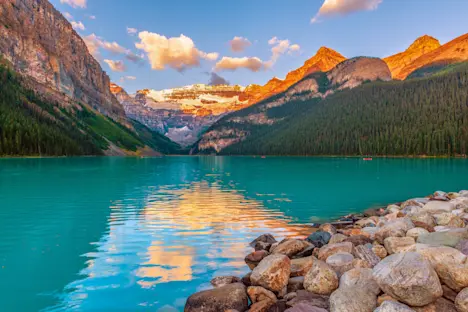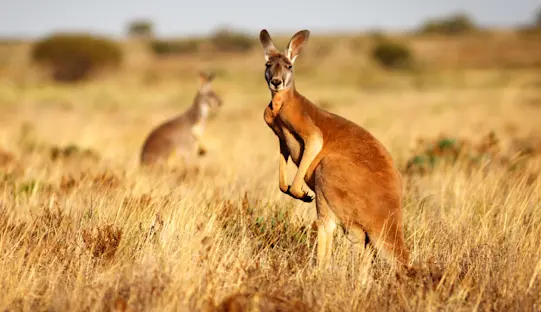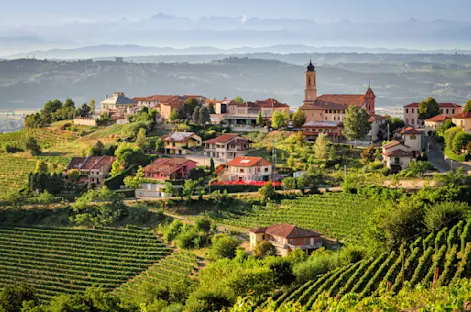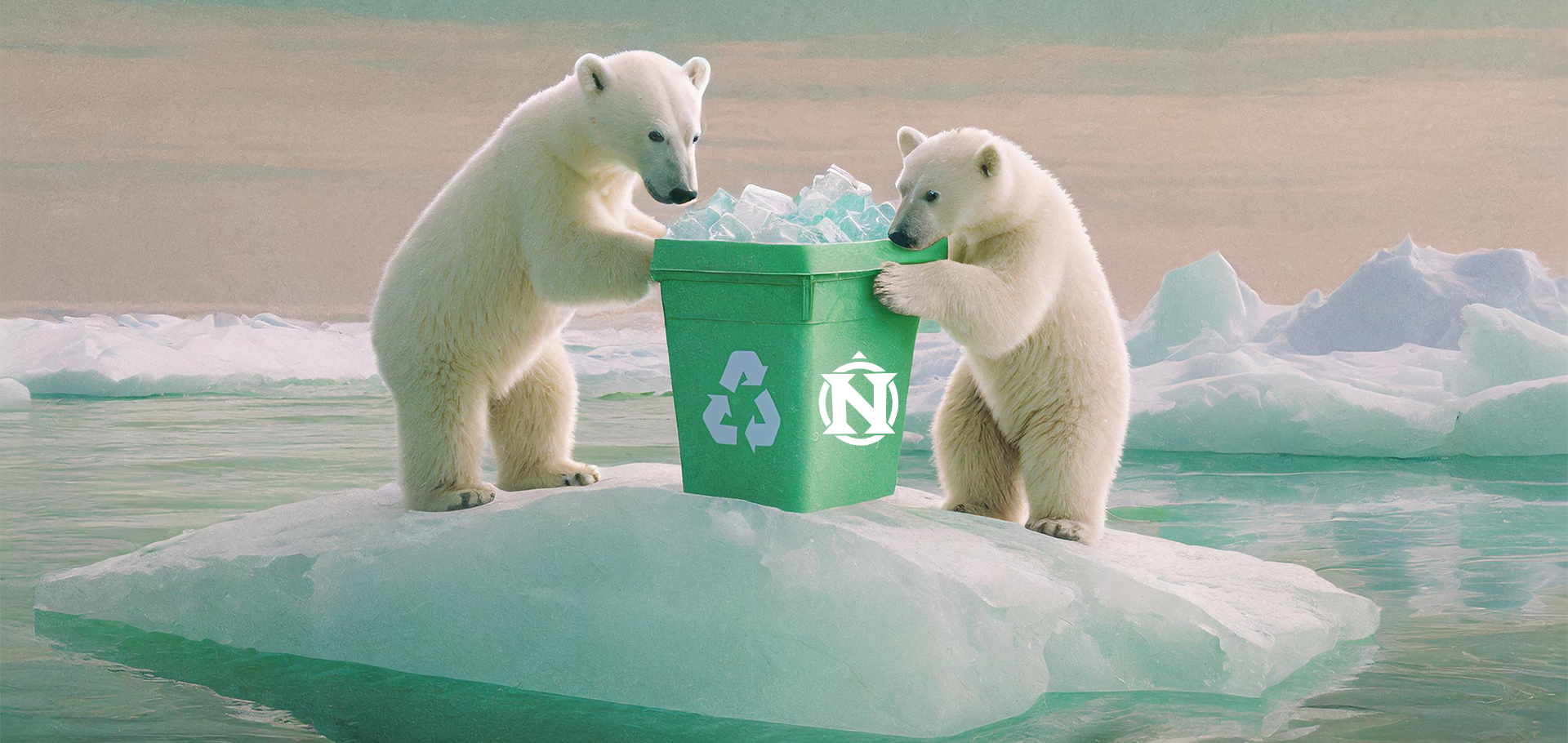Have you reduced, reused or recycled recently? If not, this is your reminder to go green in honor of Global Recycling Day!
Global Recycling Day was created in 2018 to highlight the important role recycling plays in preserving natural resources and securing a sustainable future for our planet. The world produces about 430 million metric tons of plastic every year. Fortunately, the ‘Seventh Resource’ (recyclables) saves over 700 million tons in CO2 emissions annually, and scientists predict it will save 1 billion tons by 2030.
Plastic pollution is a crisis of our own making. However, the impacts are not felt equally. Many low-income countries and rural communities lack the infrastructure to properly manage the production and disposal of plastics. Consequently, the most vulnerable populations often experience the worst effects of pollution.
That’s why, together with our conservation partner, World Wildlife Fund, Nat Hab spearheads and supports various community projects in the destinations our travelers visit. We believe the best guardians of biodiversity are the local and Indigenous peoples who have been stewards of our wild world for generations.

Snow blankets the subarctic region of Churchill from late September through much of June, leaving only 70‒80 days of frost-free time. The subarctic landscape makes growing vegetables and produce nearly impossible. In a food desert like this, Churchill residents must rely on expensive and often unreliable shipments from the South. The Community Complex Center created its own greenhouse where locals can learn about hydroponic farming © Megan Brief
Sustainability in the Subarctic
One of our priority areas is Churchill, a northern community in Manitoba, Canada, accessible only by air and rail. Set on the western edge of Hudson Bay, a few degrees below the Arctic Circle, more wild animals live here than humans, adding to the town’s allure as the “Polar Bear Capital of the World.”
Churchill’s subarctic tundra serves as the site where generations of traditional ecological knowledge and contemporary climate research converge. As one of the first companies to operate polar bear tours in Churchill starting in the 1980s, Nat Hab has become intimately acquainted with both the Indigenous and scientific communities.

© Garrett Fache
In addition to visiting the Polar Bears International headquarters and the Northern Studies Center, Nat Hab guests have the privilege of meeting with revered elders and representatives from First Nations, Métis and Inuit groups. This holistic experience increases our understanding of polar bear behavior, reveals the effects of diminishing sea ice on the entire ecosystem and demonstrates how best to minimize human-wildlife conflict.
Over the years, we’ve witnessed how Churchill’s isolation, harsh climate and hungry wildlife contribute to a flurry of waste disposal and plastic pollution challenges. To address these issues, the Town of Churchill is considering plans to construct a facility that would house an industrial composter and a thermal incinerator for non-organic and burnable waste.
Polar Bears & Plastic
“Waste is currently stored in an old military building north of the town’s airport, where it sits for two to three years before it’s taken to an enclosed landfill,” explains Geoff York, senior director of research and policy with Polar Bears International. “Getting that waste processed more quickly should help eliminate a significant source of attractant smell around the community.”

“The Polar Bear Alert Program is designed to keep people and bears safe around the Churchill area. The aim of the program is to keep bears outside of town, but sometimes the deterrents they employ (e.g. hazing) don’t work, and these persistent bears stay. The bears are then placed in the Polar Bear Holding Facility (also called Polar Bear Jail). From there, they can either be released on land once the bay freezes or they are released via helicopter if the bay is not yet frozen. The bears released by helicopter are typically sent North so that they do not come back into town (and so they don’t head to any other northern towns) and cause problems. It helps keep bears away from areas where they have an increased chance of human-bear conflict long enough for the bay to freeze so they can get out and hunt.” Words and photo by Nat Hab Expedition Leader © Lianne Thompson
“We’re looking to be as green as possible. We are a green community that has been struggling to be green in this respect,” shares resident Susan Maxson. Churchill Mayor Mike Spence adds, “We’re always looking for creative ways of finding a clean solution to dispose of our waste. We’re looking at a solution that can be a model for other northern communities.”
As an ecotourism company, Nat Hab takes pride in our small environmental footprint and our ability to recognize where we can make big differences. In 2011, we opted to eliminate single-use plastic water bottles on our trips worldwide, including Churchill. Each guest now receives a reusable stainless steel water bottle as well as a mug for hot beverages. Nat Hab’s Chief Sustainability Officer, Court Whelan, estimates that we’ve eliminated more than 1.3 million plastic water bottles from use on our trips since beginning this program.

The Nat Hab Churchill team (Camryn Chetyrbuk, Alexis Campbell, Katrina Rosen, Emma Vawter, Yvonne Elizabeth) cooks breakfast for roughly 180 students (Pre-K to Grade 12) at the Churchill Community Complex Center © Megan Brief
Churchill holds a special place in our hearts, and we want to secure a sustainable future for it. With help from TerraCycle and enthusiasm from our dedicated field staff, Expedition Leaders and partners, Nat Hab is raising awareness and empowering the Churchill community to go green in the Great White North!

Students show off their breakfast sandwiches © Megan Brief
“Over the span of our 2023 polar bear season (October to November), we shipped 2,325.34 lbs of mixed recycling, cardboard and wine bottles to the recycling depot in Winnipeg,” reports Nat Hab’s Canada Field Operations Manager Alexis Campbell. Early in the New Year, Nat Hab kicked off northern lights season with 300 more pounds of recycling.
According to Whelan, food is the largest source of waste generated while traveling. To that end, we’re also experimenting with small-scale composting solutions. Thanks to D’Arcy’s Diner, Nat Hab’s go-to restaurant in Churchill, we generated roughly 50 pounds of compost from leftover orders and kitchen food scraps!

Churchill Operations staff Camryn Chetyrbuk and Vadah Mcpherson greet guests at the airport © Megan Brief
Here are six steps you can take to celebrate Global Recycling Day!
- Read Nat Hab’s Annual Sustainability Report
- Sign WWF’s Treaty & Vote to End Plastic Pollution
- Save Polar Bears by Supporting Polar Bears International
- Sustain the North by Supporting Subarctic Research
- Travel to Churchill with Nat Hab & WWF
- Watch Nat Hab’s new film, ‘Polar Bear Country‘
Learn more about Nat Hab’s and WWF’s conservation travel partnership and our Nat Hab Philanthropy projects, then see them in action on one of our Churchill polar bear adventures!































